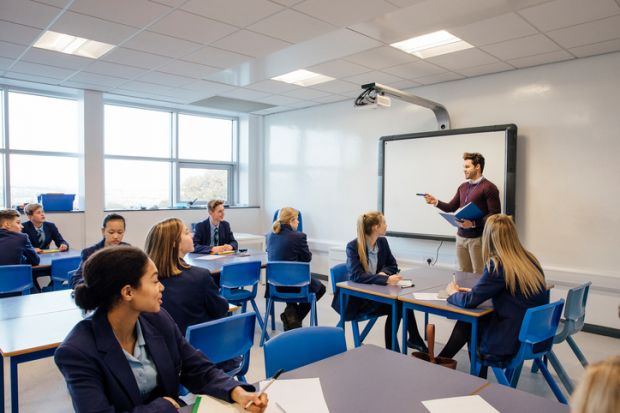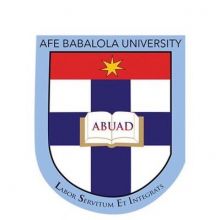
I was recently invited to return to my old secondary school to talk with current students about what I’m doing with my life now.
The aim of the visit was to help Year 10 students (14-year-olds) make informed decisions about their education, careers and lives beyond school. Alumni from different generations and in various lines of work discussed their experiences: what they did while at school, what they did next, and how they got to where they are today.
Our session was just one part of a whole roster of activities on this Learning Enhancement Day geared towards improving students’ soft skills – those abilities that help us get on well with other people in social and professional situations.
My task was to speak about doing a PhD in a way that students from different ability groups and backgrounds would understand. The aim was to encourage them to think about what they would like to do and how they might go about doing it.
That sounds simple enough, but it can be difficult to convey all that PhD study involves, not least because it’s so multifaceted. It takes time to explain. When I left school in 2010, I’m fairly sure I didn’t know what a PhD was, certainly not in much detail. Many of the students were in a similar position, so I set about listing the things I do day-to-day.
Catch up on Charlie’s journey so far
PhD diary: preparing for a PhD
PhD diary: where do I begin?
PhD diary: having a bad day
PhD diary: the romance versus the reality of a PhD
PhD Diary: New Year’s resolutions
I told them that I spend a lot of time working independently in libraries and archives, reading books and sorting through old bits of paper; that I was writing my own “book” – a thesis that would be about 100,000 words long; and that I would be teaching younger students.
Explaining your work is obviously valuable for the person listening to you – hopefully they will go away interested by an opportunity that they might not have known about before – but it can also be a chance for you to reflect on your own career. You might be surprised by (and proud of) the range of tasks you juggle, or shocked by how unappealing a particular aspect of your work sounds when you see the look of confusion on a listener’s face.
One of the great things about sharing your experiences with young people, especially those who aren’t familiar with the work you do, is that it encourages you to think about yourself and what you do in new and surprising ways.
Having explained that I wanted to teach in universities in the future, a boy from one of the lower ability groups asked me what I would do if, after all those years studying, I found that I either couldn’t get a job lecturing or didn’t want to any more. Some took this to be rude. I, however, thought it was one of the best questions of the day, and I’ve continued thinking about it since then.
I told him that I’d like to train as a psychotherapist. It might not seem obvious, but many English graduates go on to become therapists – I think it’s because our discipline teaches us to be highly attentive and careful interpreters of other people’s words. As a big believer in arts education, I can also see myself being a high school drama teacher. Either way, I’m trying to do what we all told the students to do: keep my options open.
Lots of students were thrilled to hear about all the freedom I had: to choose where I worked, what time I got up, what I did with my day. As someone who likes structure and guidance, I usually find this aspect of the PhD difficult. Their enthusiasm, however, encouraged me to appreciate this autonomy a little more. I then realised how much I was gaining from this day too.
Another objective of the day was to help the students get better at meeting and greeting people in a confident and professional way: shaking hands, making eye contact and asking polite questions about their interlocutor’s day.
Having struggled with interviews and networking at conferences with hundreds of people, I wish that I had had classes that taught me how to look someone in the eye and speak with assurance when I was their age.
As the bell marked the end of our session, one girl mentioned that they were off to stress-management class before having a public speaking workshop. Stress-management classes? Now there’s something a school student needs if they’re going to become a PhD student, I thought.
I came away from my day back at school feeling buoyed by how keen the students were to hear about the lives of other people, how inquisitive they were when encountering people different from themselves, and the ways in which they talk about their futures, even when they’re not sure what they want to do.
I was pleased to see that they were being offered opportunities to learn and hone skills that will make their futures much easier to navigate. And if any of them go on to do PhDs, I’m sure they’ll be better for it.
Read more: What is a PhD? Advice for PhD students
























Have your say